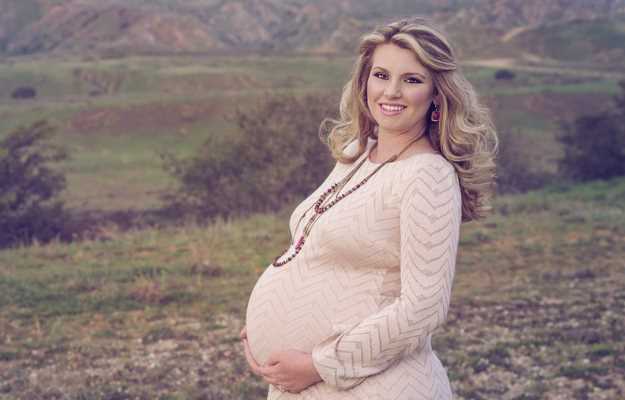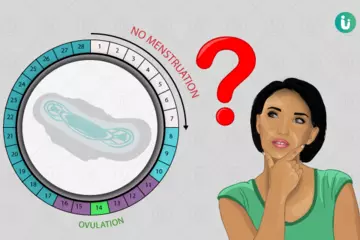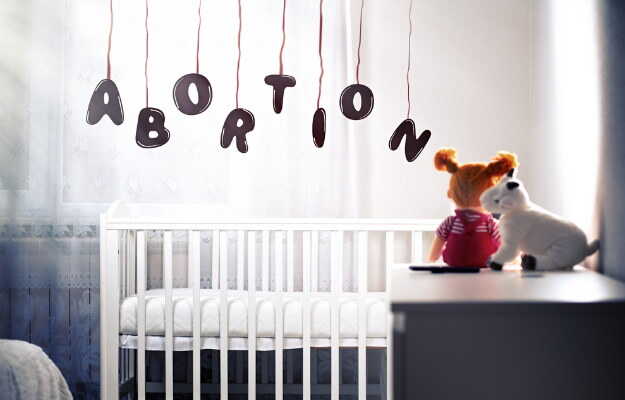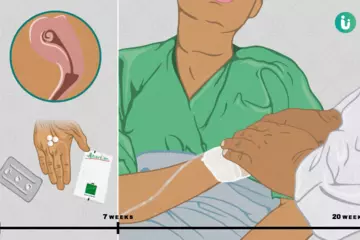What are labour and delivery complications?
Pregnancy and childbirth are unique experiences in the life of a woman. However, a few health issues may mar this experience like a labour that doesn't progress normally, weakening contractions or a poor cervix dilation. The umbrella term for all labour and delivery complications is labelled as 'obstetric complications’ and may adversely impact the health of the mother and the child.
Early rupture of the water bag can also complicate matters if left untreated, as it may cause infection. Other issues include poor nutritional intake of the mother, minor physical abnormalities, and even birth complications. These complications can have a long-term effect on the child and may cause future behavioural issues.
Likewise, poor progress of labour is said to occur when it crosses 20 hours for first delivery and 14 hours for later deliveries. Hence, an understanding of these complications and associated symptoms is important to avoid any detrimental effect on the baby and the mother.
What are its main signs and symptoms?
The complications vary with the type of progression of the labour. These are:
- Perineal tear
- An abnormal heart rate of the baby
- Issues with umbilical cord
- Issues with the water break
- Shortage of oxygen supply to the baby's brain
- Shoulder becomes stuck while delivery
- Excessive vaginal bleeding
- Blood laden mucus discharge
- Complications that may result in abortion
- Eclampsia- high blood pressure and presence of proteins in urine during pregnancy; it is a medical emergency
- Ruptured uterus
- Ectopic pregnancy (implantation outside of the uterus, especially in fallopian tubes)
- Poor skin colour
- Breech in pregnancy
- Fibroids
- Large size of baby and head
- Issues in separation of placenta from vaginal walls
What are its main causes?
The main causes of the complications may include:
- Nutritional deficiency of mother
- Alcohol consumption or substance exposure
- Minor physical issues
- Birth complications
- Previous C-sections
- Pregnancy induced hypertension
- Obesity
Other issues can include:
- Umbilical issues: In certain cases, the cord may get caught in the child’s arms or legs. In extreme cases, the cord may get entwined in the neck of the child. To counter this, a cesarean section can be initiated to avoid death.
- Irregular heart beat.
- Early water discharge may complicate the matters if not followed by labour.
- Heavy vaginal bleeding in response to tear in the uterus or its inability to contract. This may even result in maternal death.
- The complications may also arise if pregnancy lasts more than 42 weeks.
- If the age of the mother is high i.e. beyond 30
How is it diagnosed and treated?
Foetal distress is a condition where the heart rate and oxygen levels are affected. The diagnosis is done with the help of fetoscope or cardiotocography.
The treatment of the above conditions may vary with the type of maternal issues and may include:
- Complete bed rest or supervised rest in severe cases
- Blood transfusion
- Immediate cesarean delivery
- Use of forceps or similar equipment to aid in vaginal delivery

 Doctors for Labor and Delivery Complications
Doctors for Labor and Delivery Complications  OTC Medicines for Labor and Delivery Complications
OTC Medicines for Labor and Delivery Complications



















